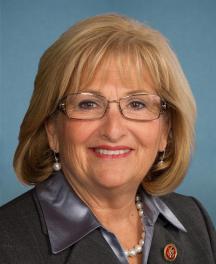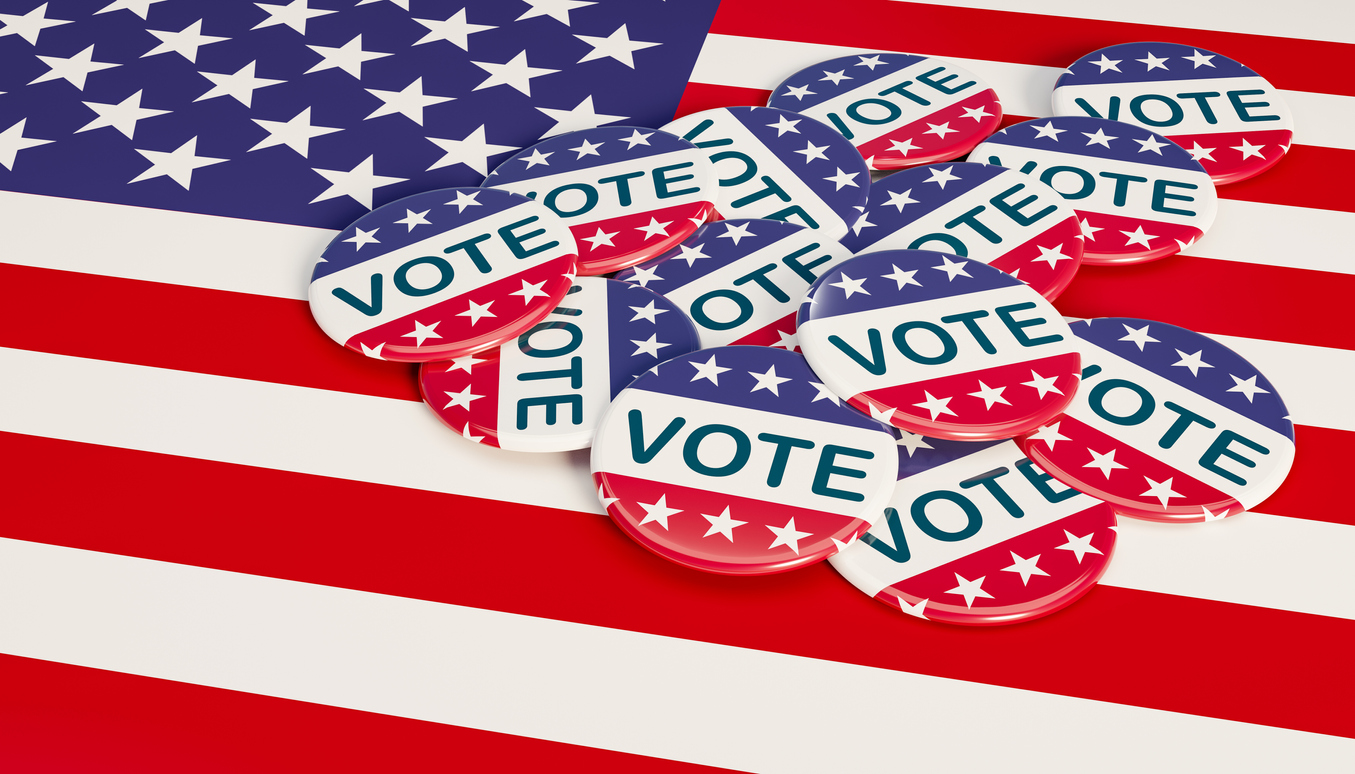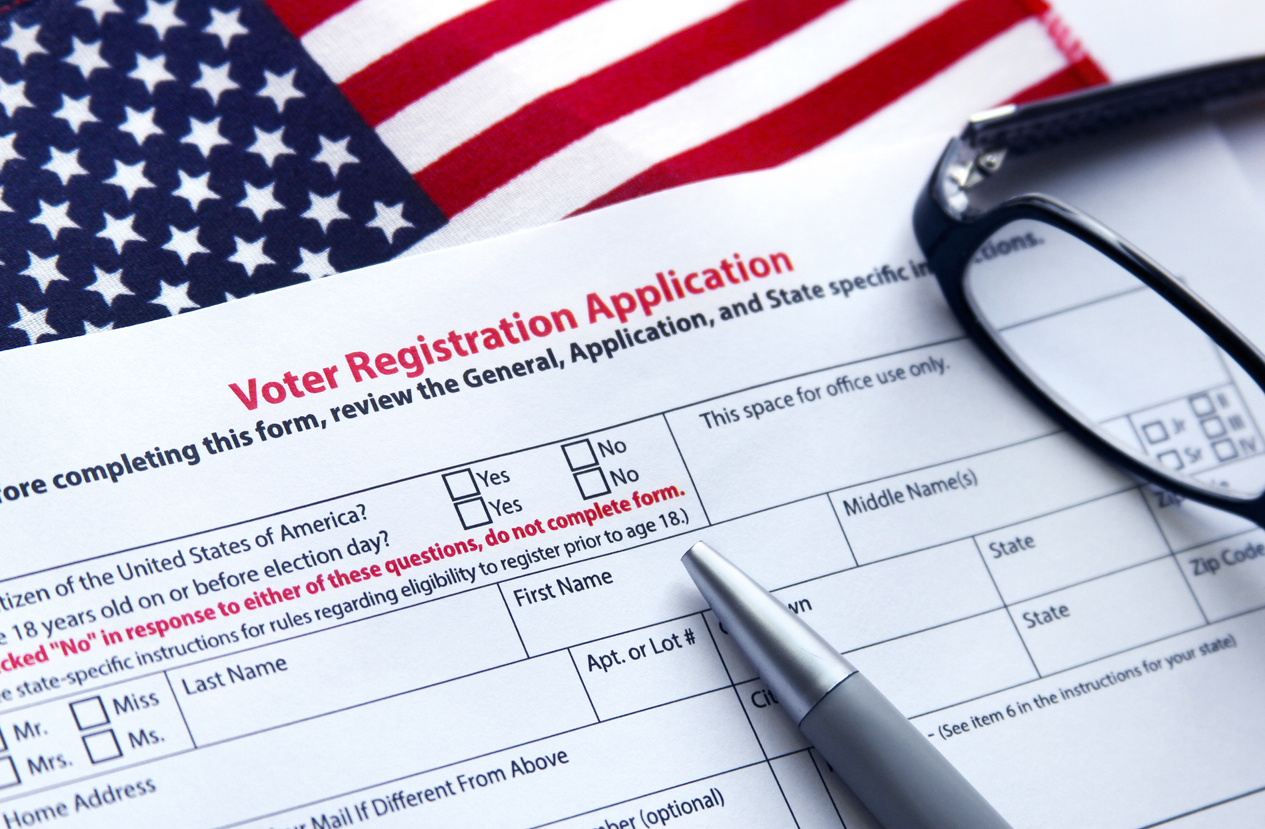Primary Election: August 2, 2018
General Election: November 6, 2018
Republican Governor Bill Haslam will leave office next year after serving two terms. With the help of a GOP-controlled legislature, he’s remained relatively popular. Haslam has a 55-percent approval and 24 percent disapproval rating, according to a February poll from Morning Consult. While the Republicans have an advantage going into the 2018 gubernatorial race, the Democrats have maintained a strong footing, holding two of the last four governorships.

In the GOP primary, a tight race among four conservatives has emerged. According to a December 2017 poll from the Tennessee Star, U.S. Rep. Diane Blackhad a 10-point lead over businessman Randy Boyd, 21-10. State House Speaker Beth Harwell had 6 percent, while businessman Bill Lee had 4 percent. However, more than half of the GOP voters surveyed remained undecided. According to another poll, Black has 73 percent name recognition among Republicans, while Boyd and Lee have 59 and 49 percent, respectively. Boyd leads funding with $7 million, with $4 million coming from his own fortune. Lee has raised $4.5 million, with half coming out of his own pocket, as well. Meanwhile, Harwell has already raised $5.2 million, while Black trails all Republican contenders with $2.7 million

Black has been a frequent face in Tennessee politics since elected to the state legislature in 1998, then moving to congress in 2011. As chairperson of the House Budget Committee, she’s received criticism for failing to vote on a bill that would allow state attorney generals and victims to sue websites that help facilitate sex trafficking. The bill passed overwhelmingly in March, while Black was in Nashville accompanying Vice President Mike Pence at the National Religious Broadcasters meeting. A week later, she began running television advertisements about the importance of cracking down on human trafficking. Since launching her gubernatorial campaign in August 2017, Black has missed more than 50 votes in Congress.
Boyd is a Knoxville-based businessman who owns a pet products company and served as Commissioner of Economic and Community Development under Haslam. He’s pledged to make the state government more transparent and streamlined, while fostering business growth. Lee, who owns a home services and facilities solutions company, wants to increase jobs in Tennessee while supporting the agricultural community. Lee also aims to reform the criminal justice system.
Harwell has been a member of the Tennessee state legislature since 1988, becoming the first woman to serve in the state house’s top leadership position in 2011. Harwell has boasted about the need for improving education, the Tennessee economy and public safety. However, an ethics investigation regarding campaign contributions has clouded her candidacy.
On other issues, such as the opioid epidemic, abortion and immigration, all the Republican candidates have policies that fall within the purview of main stream conservatism.
In the Democratic primary, two well-positioned candidates will face off in the primary: former Nashville Mayor Karl Dean and Democratic House Minority Leader Craig Fitzhugh. Little polling exists between Fitzhugh and Dean, but early indicators give the former mayor an inside track to the nomination. Dean has already netted $2.6 million in campaign funding, including a $500,000 personal donation, while Fitzhugh has brought in $800,000.

Dean served as Nashville Mayor from 2007 until 2015 when he stepped down. He’s touted himself as a leader who helped the Music City become a vibrant region in the past decade. Dean has made education and jobs a focal point of his candidacy. However, after reluctantly releasing a summary of his tax returns, he revealed earning $15.3 million in capital gains from 2013 to 2016 (Boyd received more than $24 million in capital gains in 2016, according to his tax release. Lee said he will not release his returns, citing business reasons). While nothing improper occurred, it does call into question Dean’s connection with working class voters. He’s pledged to target high poverty areas for growth and investment if elected.

Fitzhugh, a Democrat from west Tennessee, has served in the state legislature since 1995 before becoming the minority leader in 2011. He’s among a handful of rural Democratic lawmakers who came to office while the party still had a century-long majority in the state house. Fitzhugh has made education, healthcare and jobs the platform of his candidacy.
The Cook Political Report and Inside Elections have categorized the race as ‘Likely Republican.’
Latest News
Photo credit: iStock.com/yevtony Last week, the National Governors Association (NGA) elected Utah Governor Spencer Cox (R) as its new Chair and Colorado Governor Jared Polis (D) as NGA Vice Chair. Cox succeeds New Jersey Governor [...]
Photo credit: iStock.com/Torsten Asmus Texas voters have already submitted their ballots for the 2022 primary election. More states have their primary elections on the horizon. With the 2022 primary election season nearly upon us, many [...]
Photo credit: iStock.com/triocean DMGS has previously reviewed state government public health measures, as they have imposed and rescinded masking requirements. Now, over two years into the pandemic and after various COVID-related emergency declarations being implemented, [...]
Photo credit: iStock.com/outline205. Automatic voter registration allows eligible individuals to become automatically registered to vote when they interact with certain agencies in the government, such as a state agency overseeing motor vehicles. While most people [...]






Stay In Touch